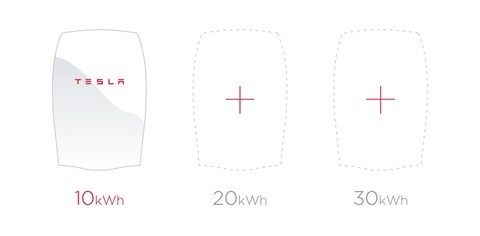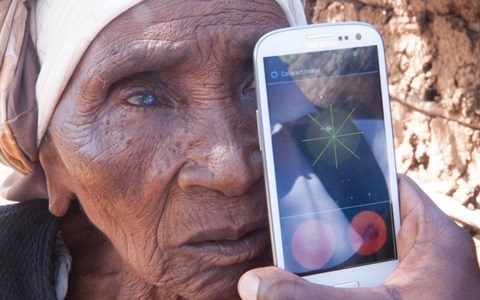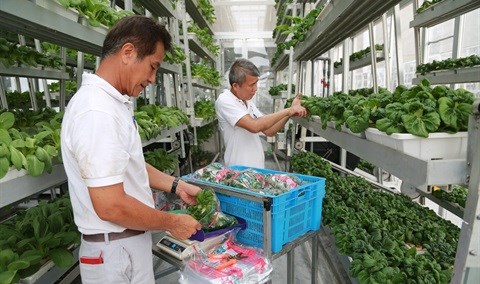Although wide ranging in their reach and effect, the winning designs share a common conceptual simplicity: their disruptive power is not in their advanced technology or esoteric solutions, it is instead in their democratic dispersal of innovative design thinking that works towards solve some of the greatest modern challenges.
The winners are selected on criteria that assess the form, context and impact of the design. Nearly all have revolutionary potential: one could overthrow the established carbon-fuelled energy grid; another takes education out institutions and makes it free and accessible for anyone with a smartphone or Internet connection; while a third puts vital healthcare into the hands of those who haven't yet had access to experts.
These five designs are affordable, accessible, infinitely scalable and unexpectedly transformational. They symbolise big necessary changes in big established industries. Winners each received €100,000 as a prize.
• Duolingo language learning app - offers free, top-quality language lessons via a mobile phone. The app is shaping the future of education with short, game playing, adaptive lessons that form around the specific capabilities of each individual student. Currently, the App has over 100 million registered users and 23 different languages. Average users spend 30 minutes on the app per day, but it is designed to fill even just a couple of free moments.
Duolingo's founder, Luis von Ahn, grew up in Guatemala and witnessed first hand the barriers faced by poor communities. Those looking to escape poverty often learn second languages but courses are typically expensive. This app democratises language learning, and encourages better cultural connections.

Another particularly innovative aspect of Duolingo is the continual improving of the programme through citizen research and the distillation of collective genius to translate pages of the internet.
• Tesla Powerwall - Elon Musk is well versed in the discipline of disruption. Ruffling the feathers of the car industries with the Tesla Model S, and with plans to colonise Mars with SpaceX rockets, Musk announced in April 2015 that Tesla would be using its automotive battery technology to wean homes and workspaces off the grid.
The biggest challenge of solar energy is how to store it when the sun goes down. The Tesla Powerwall is a rechargeable, wall-mounted, lithium-ion battery that is able to store solar energy for use at night, during power outages and for hours when energy prices hit peak rates. The Powerwall cost $3500 and multiple units can be stacked for households with higher requirements.

The complete pack includes solar panels for the roof, the battery to store the surplus energy and an inverter to convert solar power into electricity. Musk's vision is that the Tesla Powerwall will allow users to cut their energy bills and carbon footprint and to become energy autonomous eventually. The Powerwalls also have huge potential in countries without well-established electricity infrastructure.
• Peek Retina (Portable Eye Examination Kit) - is a portable, affordable and simple method of carrying out comprehensive eye examinations. According to the World Health Organisation, there are 285 million visually impaired or blind people in the world. Four out of every five of these cases could have been prevented with early diagnosis and appropriate (often uncomplicated) treatment. The Peek Retina comprises an app and adaptor that allows the user to take high-quality images of the patient's retinas, which can then be examined for signs of problems.

The system is potentially revolutionary: more people in rural African communities have access to mobile phones than to running water. If these phones could become the bearers of better health then even in the most remote of places, individuals have access to expert care.
• The Ocean Cleanup Array - in 2012, 19-year-old Dutch engineering student Boyan Slat came up with an ingenious idea for how to sustainably clean up the world's oceans. The Ocean Cleanup Array is the first ever system that uses the natural rotating currents, known as gyres, to passively collect tons of plastic rubbish against stationary barriers. The project is completely safe for marine life, is designed to be almost entirely energy self-sufficient (running on solar and wind energy) and uses only existing technologies in the building of the floating stations.

Every year approximately eight million tons of plastic is thrown into the oceans. Slat's Ocean Cleanup stations work like giant funnels, trapping the plastic debris (which Slat has proven typically sits in the top three metres) against long booms while all living things are free to swim or drift below. The plastic is then sorted and recycled into new materials or converted into oil.
The Ocean Cleanup's research indicates that a single barrier of 100km, deployed for 10 years, could remove 42 per cent of the great pacific garbage patch
• Sky Urban Vertical Farm System - vertical farms have existed for over a century, but none has mastered the system with the same remarkable designs as Sky Urban. Designed by 51-year-old Jack Ng in Singapore, Sky Urban is the first low carbon, water-driven vertical farm and uses significantly less land, water and energy than traditional farming and also cuts the carbon footprint caused by importing food.

Each vertical farm unit is nine metres high and has 38 shelves which rotate throughout the day using a hydraulic system, which itself recycles water back into the soil. The plants receive sunlight at the top and water at the bottom. Compared to a traditional, monolayer farm, the vertical garden produces 10 times more crops per land area unit.
The future of sustainable farming is not necessarily out in the fields: Ng's design represents a prospective urban landscape where agriculture and architecture are integrated.